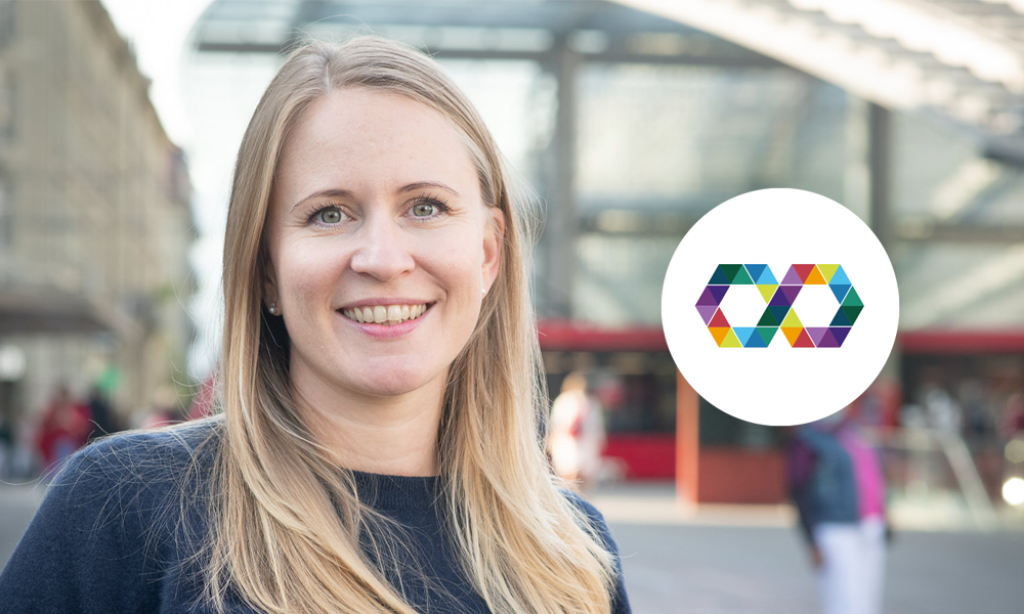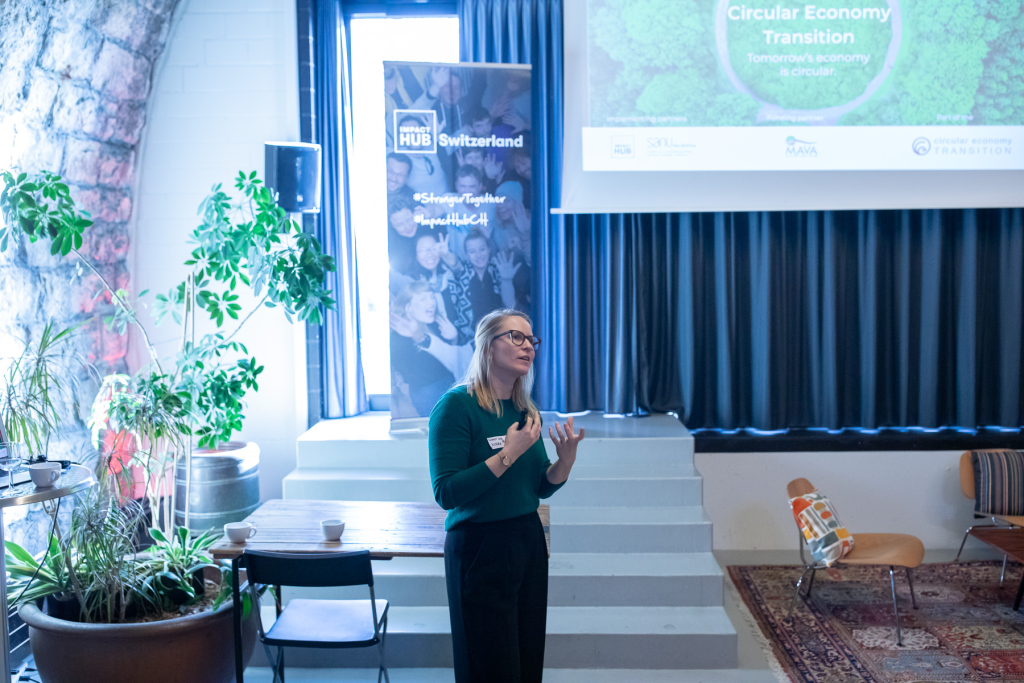Sustainability should not be limited to the classroom
As a specialist for innovations in the circular economy and "new work", Dr Noora Buser understands what is needed for sustainability in vocational education and training. In this interview, she reveals how professional activities can be made more sustainable. She provides a taste of what she will cover in her keynote speech at SFUVET's SustainableSkills Symposium on 31 May 2022.
Frau Buser, how is sustainability related to vocational education and training?
Both areas are forward-looking and are intended to build something for the long term. In vocational education and training in particular, the aim is to predict the future and anticipate the kinds of skills that will be needed. It is clear that professional activities can only become sustainable if we develop strong capabilities in this area today.
As Co-President of Impact Hub Switzerland and a board member of Circular Economy Switzerland, you are specialised in all matters pertaining to the circular economy. How does the circular economy affect vocational education and training?
Several forecasts suggest that the circular economy will create many new jobs. In the crafts sector, for example, there could be increased demand for repair services and maintenance technicians who know how to service appliances or recycle material properly.
And what demands does the circular economy place on vocational education and training?
The greatest challenge, as I see it, is being able to move away from conventional ways of thinking and to perceive correlations from many different angles. Today we manufacture goods, sell them, use them a few times and then throw them away. In the circular economy, before we even start production, we already consider what to do with the product at the end of its life cycle. This pattern of thinking is followed by concrete action. And the same applies to vocational education and training.
Could you share a real-life example of how the circular economy works in practice?
I know of many companies that have already firmly integrated the circular economy mindset into their corporate identity. For example, a carpenter's workshop that only uses scrap wood for its products. Or shops that sell unpackaged goods, where customers bring their own packaging material. More and more such companies and ideas are emerging each year.
How can vocational education and training be made more sustainable?
I have noticed that many of the learners attending sustainability workshops are highly motivated and have good ideas. Host companies need to remain open to these ideas and consider possible ways to implement them in their business activities. Sustainability should not be limited to the classroom.
Do you have any tips on how workplace trainers can apply circular economy principles in their work?
There are many examples showing how all sectors can make a difference even through minor changes. In addition to becoming aware of real-world examples, discussions and participative approaches are also helpful. Learners, vocational schools and host companies should all work together to decide how and where they can start. To set the wheels in motion, I would suggest simply trying things out without worrying so much about getting everything right from the outset.
You will be talking about 'the private sector as a driver of sustainability' at SFUVET's SustainableSkills Symposium. What do you have in store for your audience?
My aim is to pique their curiosity rather than give them concrete rules to follow. I will show what is possible and also present many exciting real-life examples for inspiration. I just have to make sure not to run out of time because the private sector is already a strong driver of sustainability.

